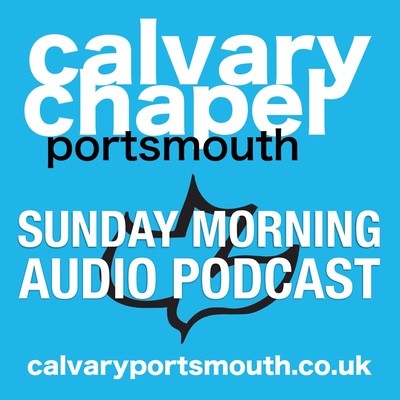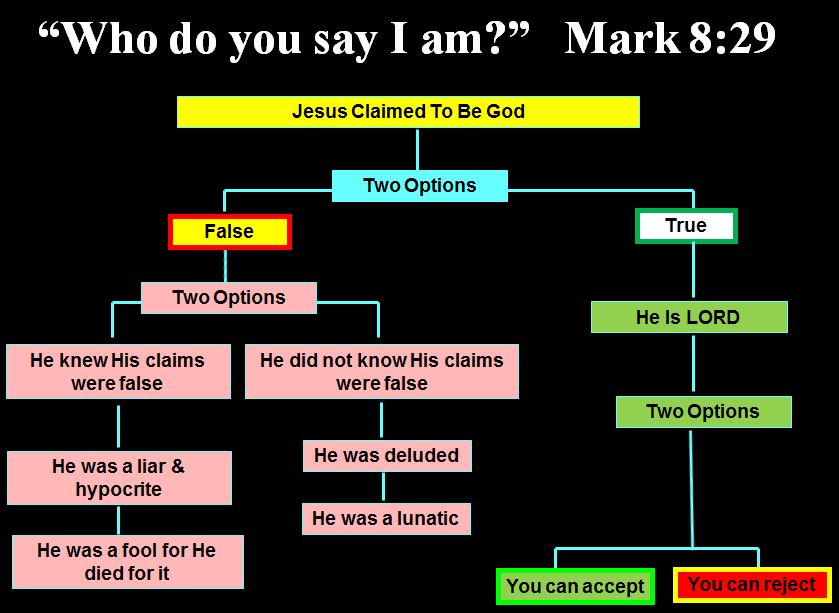This study was taught by Pastor Barry Forder at our family service on 23rd July 2018.
In Mark 8:14-38 we learned three valuable lessons:
1) Remember what the LORD has done!
-
- After the feeding of the 5000 and the feeding of the 4000, and seeing how Jesus provided for all the people supernaturally by His grace, the disciples should never have allowed themselves to think that Jesus’ comments about the ‘leaven of the Pharisees’ and the ‘leaven of Herod’ were anything to do with their forgetting to bring along enough bread for the Journey! It is easy to get swayed by popular opinion, to listen to those who shout the loudest, and Jesus was warning them (and us) to see through ‘the doctrine’ and ‘teaching’ of anyone who has not based all on the Word of God. In today’s vernacular, beware of the leaven of the evangelists on ‘Christian TV’, or ‘beware of those in academia’. Just like the Pharisees and Herod, they have an agenda that is not for the Glory of God! We should not be tossed ‘to and fro and carried about with every wind of doctrine’ (Eph 4:14). That is the point Jesus was making, but the disciples misunderstand – spectacularly! Just like we do so often, we assume everything is about our immediate circumstances. Seldom do we look back and take a look at the bigger picture! That’s why Jesus says to them ‘Remember’! “Having eyes, see ye not? and having ears, hear ye not? and do ye not remember?” (Mark 8:18). If you don’t have enough in the way of personal experience to refer back to, consider Noah, Abraham and All these men stepped out in faith ‘Not knowing whither’. When you are faced with seemingly insurmountable challenges, consider Joshua before the mighty city of Jericho, or David before Goliath, or Elijah before Ahab, Jezebel and the 450 prophets if Baal. When you feel abandoned, consider Job, Jeremiah or Nehemiah. We could go on and on! The point is… “Remember!” Oswald Chambers gets to the heart of this issue like this: Have you been asking God what He is going to do? He will never tell you. God does not tell you what He is going to do; He reveals to you Who He is. The bread (or lack of it) in the boat was not the problem. All the time they were with Jesus they were sa,fe and would be provided for – in abundance! Remember who He is and what He’s done, because He is faithful.
- 2) Who is Jesus to you?
- This is fundamentally the most important question any human being can answer! Jesus asked His disciple who other men said He was; but then He turns to them. In reality, it doesn’t matter who others say Jesus is, the most important questions is ‘who do you say Jesus is?’ Your eternity depends on the answer to this question. C.S. Lewis said the following: “I am trying here to prevent anyone saying the really foolish thing that people often say about Him: ‘I’m ready to accept Jesus as a great moral teacher, but I don’t accept His claims to be God.’ That is the one thing we must not say. A man who was merely a man and said the sort of things that Jesus said would not be a great moral teacher. He would either be a lunatic – on a level with the man who says he is a poached egg – or else he would be the Devil of Hell. You must make your choice. Either this man was, and is, the Son of God: or else a madman or something worse. You can shut Him up as a fool, you can spit at Him and kill Him as a demon; or you can fall at His feet and call Him Lord and God. But let us not come up with any patronising nonsense about His being a great human teacher. He has not left that option open to us. He did not intend to”.
3) To really gain your life you must first lose it!
- The final lesson here is one of the hardest to learn, because it is so counter-intuitive to the natural mind. In a nutshell, to live we must die! A.W. Tozer said: What are the terms of discipleship? “Only one with a perfect knowledge of mankind could have dared to make them. Only the Lord of men could have risked the effect of such rigorous demands: Let him deny himself. We hear these words and shake our heads in astonishment. Can we have heard aright? Can the Lord lay down such severe rules at the door of the Kingdom? He can and He does. If He is to save the man, He must save him from himself. It is the himself which has enslaved and corrupted the man. Deliverance comes only by denial of that self. No man in his own strength can shed the chains with which self has bound him, but in the next breath the Lord reveals the source of the power which is to set the soul free: Let him take up his cross. The cross has gathered in the course of the years much of beauty and symbolism, but the cross of which Jesus spoke had nothing of beauty in it. It was an instrument of death. Slaying men was its only function. Men did not wear that cross; but that cross wore men. It stood naked until a man was pinned on it, a living man fastened like some grotesque stickpin on its breast to writhe and groan till death stilled and silenced him. That is the cross. Nothing less. And when it is robbed of its tears and blood and pain it is the cross no longer. Let him take . . . his cross, said Jesus, and in death he will know deliverance from himself”.
- Oswald Chambers adds: “God wants to bring you into union with Himself, but unless you are willing to give up your right to yourself He cannot. “Let him deny himself” — deny his independent right to himself, then the real life has a chance to grow”.
May you be blessed and encouraged by this study.
The Powerpoint slides used in these study are available for free download



